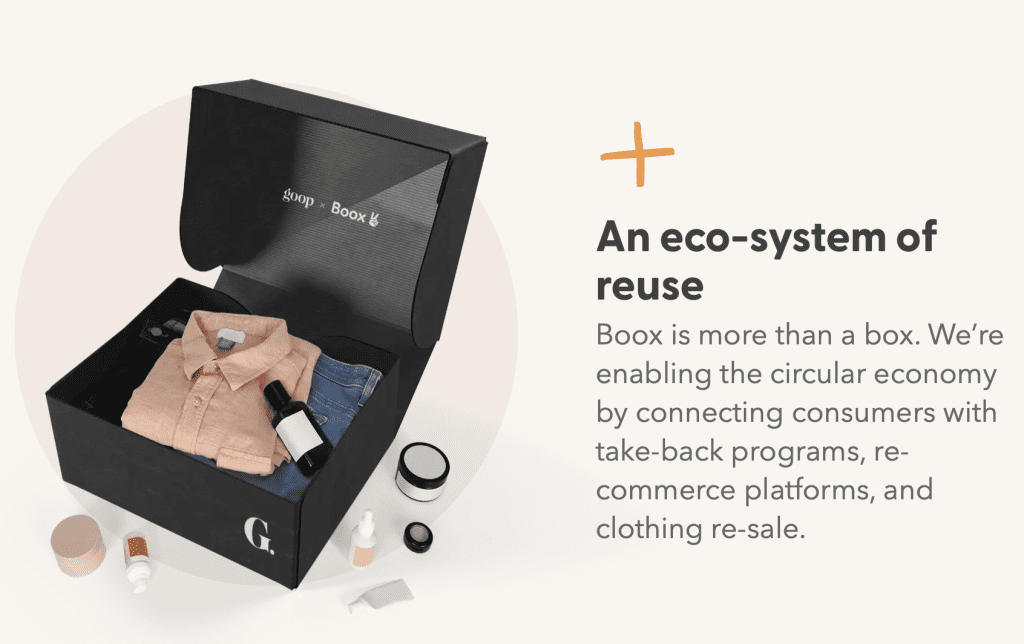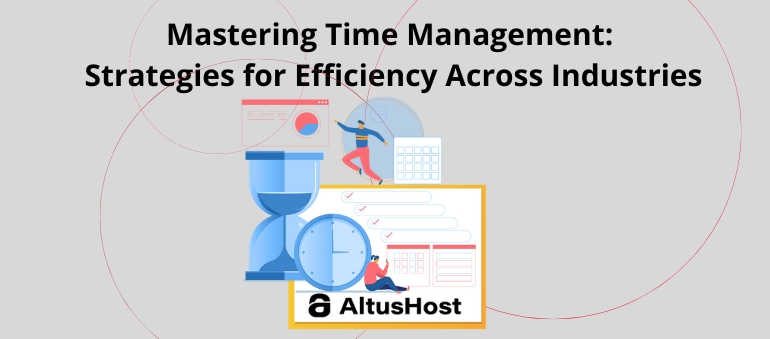If you’re a business owner based on e-commerce or selling products online, it’s important to know a sales-increasing strategy that is often overlooked among tips for attracting more customers – eco-friendly business practices. According to a 2021 survey by the Wharton School of Business in the United States, 68% of consumers are willing to pay more if a brand adheres to eco-friendly principles.
Supporting eco-friendly practices is also backed by global marketing company Edelman’s data, indicating that 58% of respondents in their previous year’s survey choose companies and products based on the values they advocate for. This is particularly evident among younger generations, millennials, and Generation Z.
There is no doubt that brand values, including environmental sustainability, are becoming increasingly important factors in purchase decisions. Therefore, we present ways for you to follow eco-friendly principles and the benefits you can gain from them. Taking inspiration from the eco-friendly packaging brand, Boox, you can implement similar approaches in your business.
What is eco-friendly e-commerce?
Business based on eco-friendly principles involves implementing a series of activities throughout various stages of your business with the aim of reducing or eliminating harm to the environment.
This concept is based on three pillars:
1. Environmental protection – the brand’s efforts to minimize harmful effects on the environment.
2. Economic sustainability – the profitability of your brand. By becoming more environmentally friendly, you can attract more customers as your efforts align with their values.
3. Social benefits – eco-friendly sustainability includes positive impacts on all aspects of production and product delivery, benefiting the business and the community as a whole.
Why should online sales be eco-friendly?
As mentioned earlier, eco-friendly practices have direct positive effects on online businesses. Consumers expect companies to be environmentally conscious and apply environmental protection principles in at least some aspects of production and product delivery.
Reduced costs
Implementing eco-friendly practices often leads to reduced resource consumption, such as energy and water, resulting in cost savings. By optimizing energy efficiency, recycling materials, and minimizing waste generation, companies can reduce their utility bills, waste disposal fees, and overall operating costs.
Brand image enhancement
Adopting eco-friendly business principles demonstrates a company’s commitment to sustainability and environmental responsibility. This can significantly improve the brand’s reputation and attract environmentally conscious customers who prefer to support businesses prioritizing sustainable practices. A positive brand image can help differentiate from competitors and increase customer loyalty.

Source: pexels.com
Competitive advantage
As environmental concerns continue to rise, companies embracing eco-friendly management gain a competitive advantage. They can effectively target environmentally conscious consumers and tap into emerging green markets. Additionally, many governments and organizations offer incentives and grants to eco-friendly companies, further strengthening their competitiveness.
Improved employee engagement
Employees often take pride in working for companies that prioritize sustainability. Implementing eco-friendly practices can foster a positive work environment, increase employee engagement, and attract and retain top talent. Green initiatives, such as promoting recycling programs, reducing emissions, and encouraging sustainable commuting options, can boost morale and employee satisfaction.
Risk mitigation
Climate change and environmental degradation pose significant risks to businesses, including supply chain disruptions, reputational damage, and increased costs. By integrating eco-friendly practices, companies can mitigate these risks. For example, diversifying suppliers, embracing renewable energy sources, and implementing efficient waste management systems can enhance resilience and reduce vulnerability.
How to apply eco-friendly principles in online commerce?
Business owners often shy away from implementing eco-friendly practices, believing that it requires drastic changes to their entire operations. However, there are many ways to adopt environmental protection principles that do not require major overhauls.
Eco-friendly packaging
Introducing eco-friendly packaging for transporting products to consumers is a simple and quick step for businesses. It involves using biodegradable and recyclable materials that have a less harmful impact on the environment. Additionally, some companies offer discounts to customers who return packaging for reuse.

Source: pexels.com
Transportation
Another way to reduce environmental impact is by using eco-friendly transportation and fuels. Businesses can encourage customers to place bulk orders to reduce the frequency of transportation. Eliminating express deliveries within a day or two, which increases the number of transport trips, can be equally important. This can be achieved through customer awareness and rewarding those willing to wait longer.
Energy efficiency
Energy efficiency can be achieved by using energy-efficient lighting and equipment in warehouses, employing smart energy management systems, and utilizing renewable energy sources like solar panels for energy production.
Product selection
E-commerce companies can offer and promote eco-friendly products to their customers. This can be achieved by applying sustainability criteria to product choices, such as organic options, and selecting environmentally friendly ingredients for production.
Recycling and waste management
Implementing recycling programs within their facilities allows e-commerce companies to manage waste properly. This includes recycling packaging materials, properly disposing of byproducts generated during production, and educating customers about responsible waste disposal.
Eco-friendly packaging – the Boox example
Boox is a B2B brand specializing in eco-friendly packaging, boxes, and bags for e-commerce products. They collaborate with renowned companies worldwide, providing them with recyclable packaging for shipping products to consumers.

Source: boox.eco
The brand’s core idea is to reduce deforestation caused by paper production by reusing a single packaging multiple times. Furthermore, their mission involves encouraging customers to use second-hand products that would otherwise end up as waste.
Apart from packaging, Boox uses eco-friendly films to protect the products during transportation instead of traditional plastic bubble wrap. The alternative options they use include biodegradable and recyclable materials.
To ensure branding on the packaging for all clients, the brand applies eco-friendly printing using water-based or soy-based inks, compared to conventional oil-based inks.
Currently, Boox operates in the United States, Canada, and the United Kingdom, with plans to expand to other countries.
Conclusion
Eco-friendly e-commerce is one of the ways to increase sales that is often overlooked. By incorporating eco-friendly business principles, you can attract new generations of customers who make purchase decisions not only based on product quality and price but also on the values upheld by the company.
Drawing inspiration from eco-friendly brands like Boox, businesses can implement sustainability practices that resonate with environmentally conscious consumers. Just as Altushost, a leading web hosting provider, prioritizes energy-efficient data centers and eco-friendly operations, companies can align their values with consumer preferences for sustainable choices. AltusHost’s commitment to reducing environmental impact reflects a broader trend where brands are recognizing the importance of adopting green initiatives to enhance their reputation and attract socially responsible customers. By following the example set by AltusHost and other eco-conscious brands, businesses can tap into the growing market demand for environmentally friendly products and services, ultimately contributing to both the planet and their bottom line.



